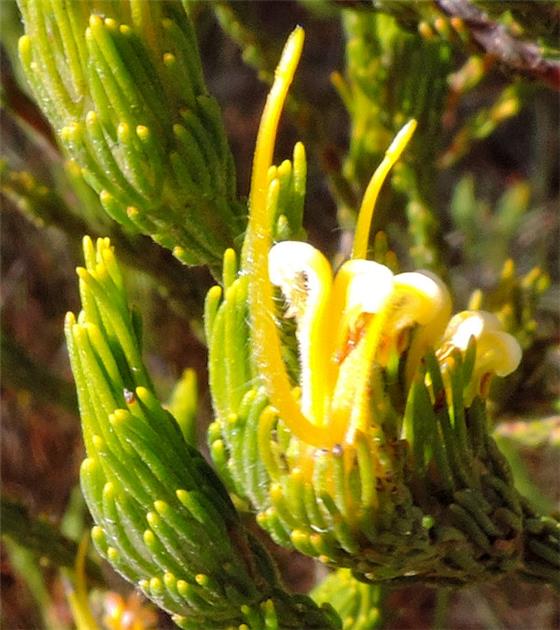'In the modern era, digoxin was considered, for many years, the mainstay of treatment for people with heart failure. However, this has changed over the last decade as it has been replaced as first-line treatment with other medicines which are generally safer to use and known to improve patient survival.
Evidence from clinical trials found treatment with digoxin did not reduce mortality in people with heart failure. The drug is now recommended as second-line treatment for people with severe heart failure who also have heart rhythm problems.
Digoxin was first isolated from the foxglove plant by Dr Sydney Smith at Burroughs Wellcome in Britain in 1930.
:
Digoxin is known to have a narrow safety margin – the dose used for effective treatment is close to the dose that can cause adverse effects. At the correct dosage digoxin will reduce a patient’s heart palpitations and improve their symptoms of heart failure (which includes reducing shortness of breath).
If the dosage is too high, patients can experience delirium and depression, and it can adversely affect heart rhythm (arrhythmia), causing palpitations (or worse, death).
:
Digoxin interacts with a range of other medicines that people may be taking, including St John’s wort, which reduces the effectiveness of digoxin.
Digoxin (even at therapeutic doses) can cause nausea, vomiting, diarrhoea, visual disturbances (such as blurred vision and xanthopsia (where you see yellow/green halos around objects), drowsiness, dizziness, headache, fatigue and rash.'
Andrew McLachlan, Professor of Pharmacy (Aged Care), University of Sydney provides more detail on how this still very commonly prescribed drug (350,000 scripts per year in Australia) and derived from a garden plant, is being replaced by drugs developed and proven to be safer to use and that also prolong survival: theconversation.com/weekly-...
Neil
Photo: I found this unusual looking Gland Flower - Adenanthos terminalis, growing in the scrub. Thanks to Jay as usual for identifying it.
